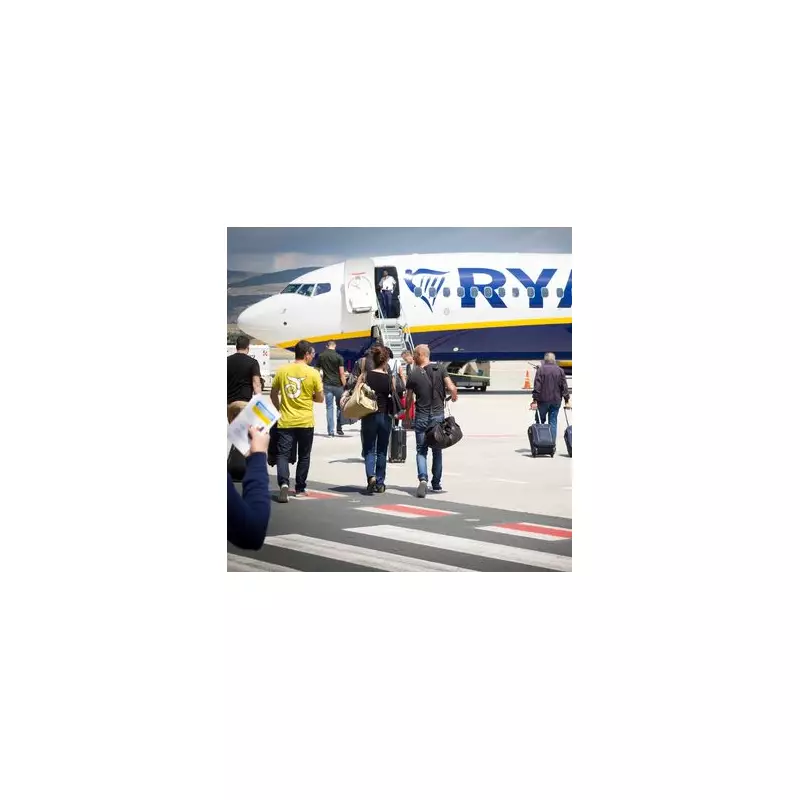
Ryanair has moved to address growing passenger concern over a major new EU border system set to introduce significant changes for British travellers. The 'Entry/Exit System' (EES) is an automated IT process for registering non-EU visitors, and its implementation has been a source of anxiety for many fearing lengthy airport queues.
The low-cost carrier, a favourite amongst UK holidaymakers, has issued a fresh update in an effort to calm nerves and clarify what the new rules will actually mean for your journey.
What Exactly Is The EES?
The EES is designed to automate and strengthen border controls for non-EU citizens entering the Schengen Area. This includes UK passport holders post-Brexit. The system will digitally record a traveller's name, biometric data (like fingerprints and facial images), and the date and place of entry and exit each time they cross an external EU border.
While it enhances security, the fear has been that the extra few minutes taken to register each passenger for the first time could lead to massive delays and disruption at airports and ports.
Ryanair's Message to Passengers
In its update, Ryanair acknowledges the 'worry' surrounding EES but has urged calm. The airline confirms that the process will be the responsibility of EU border control authorities, not the airlines themselves.
Crucially, they state that the implementation, once a final rollout date is confirmed, will be a "gradual process" rather than an overnight shock to the system. This suggests a phased introduction to help manage passenger flow and minimise initial teething problems.
How Will This Affect Your Next Flight?
For the first time you enter the EU under EES, you should expect:
- To have your passport scanned electronically.
- To provide four fingerprints and a facial image.
- The process to take slightly longer than a simple passport stamp.
After this initial registration, subsequent trips through EES borders should be faster, using the biometric data to verify your identity quickly. The system will also automatically calculate your remaining permitted stay in the Schengen Area (90 days in any 180-day period).
The key takeaway from Ryanair is that while change is coming, the aviation industry and border forces are working on solutions to ensure a smooth transition. The message is clear: don't cancel your travel plans, but do be prepared for an evolved border experience on your next European getaway.





